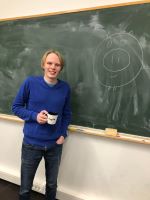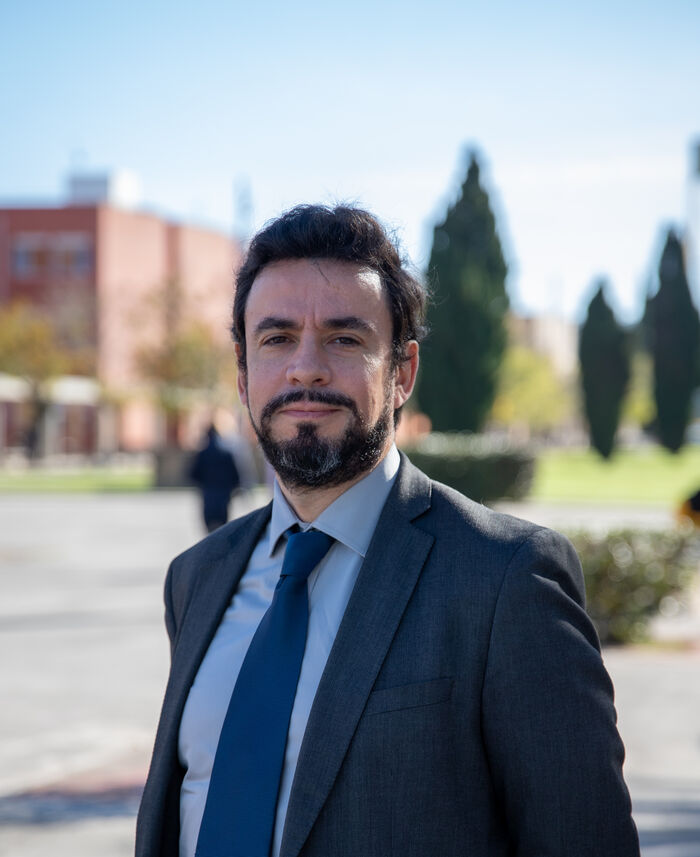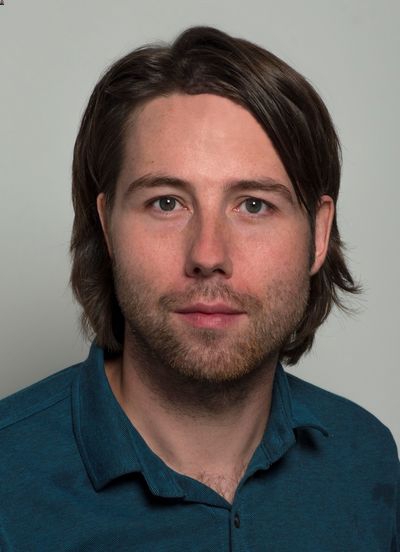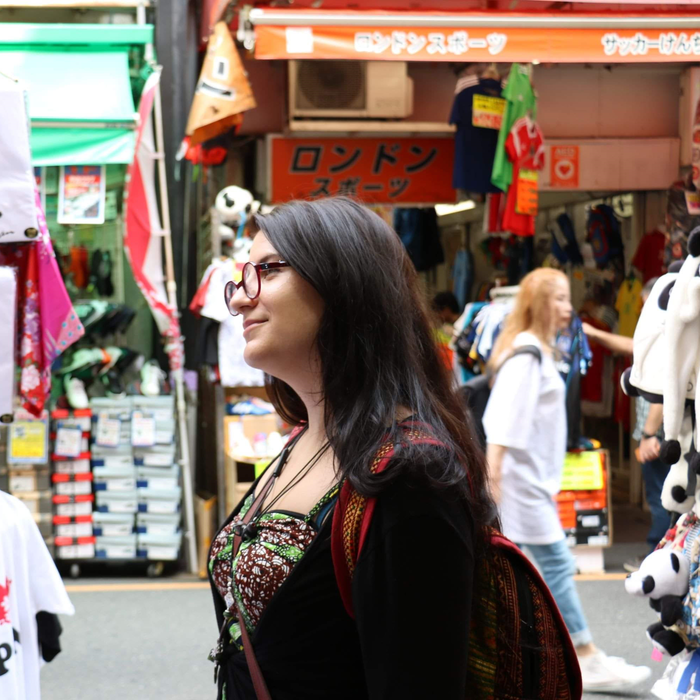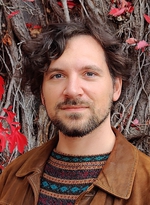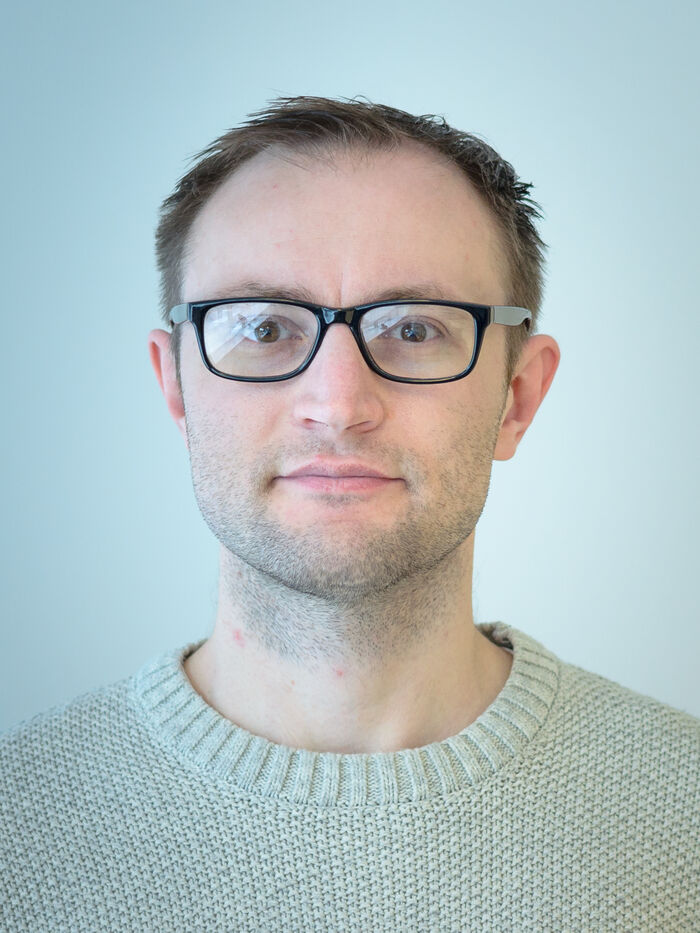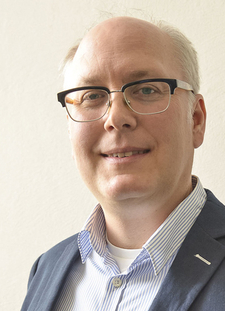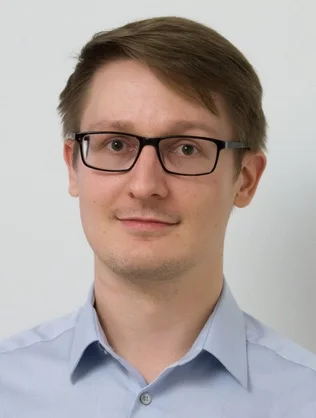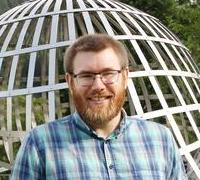Previous events - Page 19
Jonas Rønning will defend his thesis “Topological defects and flows in BECs and Active matter” for the degree of Philosophiae Doctor at the University of Oslo, Faculty of Mathematics and Natural Sciences.
Doctoral candidate Mari Dahl Eggen at the Department of Mathematics will be defending the thesis Stochastic differential equations with memory and relations - Modelling of stratospheric dynamics for the degree of Philosophiae Doctor.
Carlos A.R. Herdeiro, Professor in the Gravitational Geometry and Dynamics Group, Mathematics Department, Aveiro University (Portugal).
Is it difficult to set aside time to write? The Academic Writing Centre organsises structured writing sessions for PhDs and Postdocs.
We invite you to the August RoCS Solar/Stellar Lunch. You are invited to discuss your work with colleagues.
Franz Fuchs (Sintef/UiO) will give a talk with title "Hamiltonians with time evolution restricted to subspaces"
Welcome to the EAHMH 2023 conference!
Doctoral candidate Juvenal Murwanashyaka at the Department of Mathematics will be defending the thesis Papers on Weak First-Order Theories and Decidability Problems for the degree of Philosophiae Doctor.
Welcome to the first GEOHYD Lunch Seminar Friday for the fall semester, the seminar is 25th of August @ 12:15 in Aud. 1, Geology building, or via video link using Zoom. The seminar is held by Varya Bazilova, Utrecht University.
We have developed a pump-less recirculation Organ-on-Chip (rOoC) platform that generates a directional gravity-driven flow. This platform can be adapted to various flow conditions and enables the study of endothelial lining, blood vessel sprouting, circulation of immune cells, pathogens or other particles, and incorporation of 3D cell models like organoids. Additionally, we have developed a computational model to predict shear stress and mass transport within the rOoC, allowing for customization of the platform for various use-cases.
The rOoC platform is very versatile and can be used to model for instance drug-induced liver-injury (DILI) that mimics the complex interaction between resident human stem cell-derived liver organoids (3D-HLO) and circulating immune cells. Moreover, we show the functional crosstalk between 3D-HLOs and human pancreatic islets to model the onset of type-2 diabetes.
Samantha Stever, Assistant Professor in the Department of Physics, Okayama University (Japan).
Francesco Pogliano will defend his thesis “Nuclear astrophysics and the Oslo method. A study on experimental and theoretical radiative neutron-capture rates and their role in heavy-element nucleosynthesis” for the degree of Philosophiae Doctor at the University of Oslo, Faculty of Mathematics and Natural Sciences.
Hans Arnold Winther, Institute of Theoretical Astrophysics, University of Oslo.
Is it difficult to set aside time to write? The Academic Writing Centre organsises structured writing sessions for PhDs and Postdocs.
Doctoral candidate Mohammed Outhmane Faouzi Zizi at the Department of Geosciences, Faculty of Mathematics and Natural Sciences, is defending the thesis Seismic Data Processing in a Compressed Domain using Constrained Dictionary Learning for the degree of Philosophiae Doctor.
Doctoral candidate Erik Habbestad at the Department of Mathematics will be defending the thesis C∗-algebras with quantum group symmetry -Noncommutative boundaries and equivariant subproduct systems for the degree of Philosophiae Doctor.
Markus Spitzweck (Universität Osnabrück) will present the talk «Representation categories and motives».
Doctoral candidate Karoline Kvande at the Department of Chemistry, Faculty of Mathematics and Natural Sciences, is defending the thesis "Compositional and Mechanistic Studies of Cu-zeolites for the Direct Activation of Lower Alkanes" for the degree of Philosophiae Doctor.
This seminar will consist of two separate presentations, each about 15-minute long.
1) Magnetic Quincke Rollers with tunable single particle dynamics and collective states
2) Electrically controllable ferrofluids
Doctoral candidate Sigrid Jørgensen Bakke at the Department of Geosciences, Faculty of Mathematics and Natural Sciences, is defending the thesis Recent European warm-season droughts: drivers, extremeness and impacts – With a special focus on the 2018 drought in northern Europe for the degree of Philosophiae Doctor.
Doctoral candidate Bastian Zapf at the Department of Mathematics will be defending the thesis Inverse mathematical modeling of solute transport in the human brain for the degree of Philosophiae Doctor.
Title: Learning from data through the lens of (ocean) models, surrogates, and their derivatives
Speaker: Patrick Heimbach, The University of Texas at Austin
We further discuss the generalization of these results to compact operators in L2, and explain how they can be used to both describe the out-performance of smooth spline approximations of solutions to differential equations when compared to classical finite element methods, and to solve the outlier-problem in isogeometric analysis.
This talk is based on work done in collaboration with Michael Floater, Carla Manni and Hendrik Speleers.
This Stochastic Analysis and Applications Workshop aims to provide a professional platform for young researchers in stochastics from China and Norway to convene, exchange ideas, and potentially establish new collaborations.
